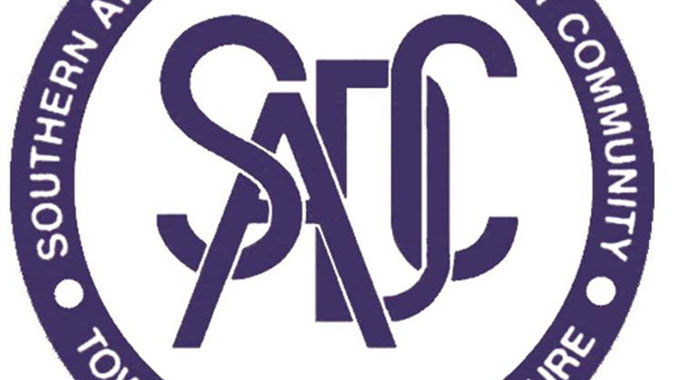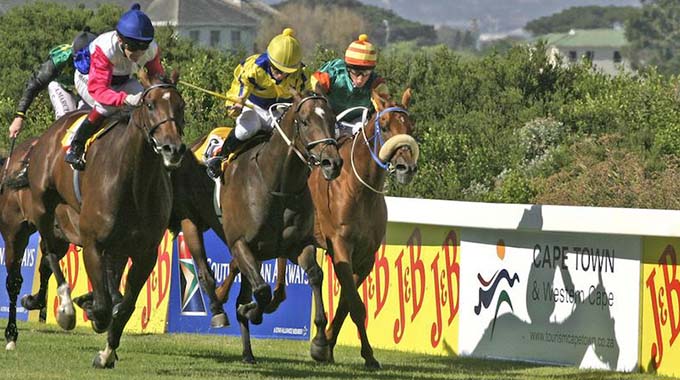Sadc wants macroeconomic convergence

Moses Magadza Herald Correspondent
Members of Parliament who belong to the standing committee on Trade, Industry, Finance and Investment (TIFI) of the SADC Parliamentary Forum are calling for concerted and coordinated action towards macro-economic convergence within the region.
They made the call when their committee met virtually this week under the theme: “The role of Parliament in mitigating the effects of Covid-19 on the trade and business environment for the SADC Region.”
The MPs noted with concern that Covid-19 and associated travel restrictions that member states imposed in the second quarter of 2020 had severely impacted on trade flows and business. They agreed that in the face of depressed economic activities dramatised in some instances by panic buying, unpredictability and loss of employment, the need for parliaments to provide leadership was more pressing now than ever.
SADC adopted a regional indicative strategic development plan (2015-2020) for macroeconomic convergence. It is premised on economic indicators that include rates of inflation, economic growth rates and unemployment to bring about economic growth and sustainable development.
As the committee held its meeting on Monday, it became apparent that inequalities and exclusion from sustainable regional economic growth and longer term sustainable opportunities to attract Foreign Direct Investment to the SADC region were jinxing socioeconomic development and efforts towards much-needed industrialisation.
The deputy chairperson of the TIFI committee, Tsepang Tsita Moseta from Lesotho, recommended that regular updates be provided to MPs on progress or otherwise as the SADC region seeks macroeconomic convergence.
She suggested that TIFI members be copied in when the SADC secretariat communicates with national parliaments through the office of the clerk on work done by the TIFI committee.
This, she argued, would prevent a situation in which some MPs would be “totally ignorant of what’s happening”.
A lawmaker from Botswana, Dumelang Saleshando concurred and said a culture of reporting against set timelines would keep the region’s parliaments focused.
He said: “It may be necessary to agree on a timeline on which we want MPs to report back on progress to ensure that resolutions are implemented in our respective parliaments.”
Hlengiwe Octavia Mkaliphi from South Africa called for “well-coordinated” activities and suggested that chief whips of political parties be kept well informed of resolutions made by the TIFI committee so that they support implementation.
Trudi Hartzenberg, the executive director of Trade Law Centre NPC (TRALAC) joined the meeting.
She said it was “extremely appropriate” that MPs were keen to know how far SADC had moved towards macroeconomic convergence.
“Covid-19 has shone a spotlight on some of the challenges we face in terms of our over-reliance on imports of essential goods, medicines and food supplies for our food security,” Hartzenburg said.
She said the monitoring role of the SADC PF which brings together 15 SADC Member States could never be overemphasised.
“The SADC PF is uniquely positioned — from a regional perspective — to have oversight of what is happening in our communities. Covid-19 has enabled countries to realise how interconnected they are,” she said.
Outgoing chairperson of the TIFI Standing Committee, Honourable Egbert Aglae from Seychelles, officially opened and chaired the meeting. He called for enhanced parliamentary leadership as the world grapples with Covid-19.
“Parliaments act as agents of social transformation and are to be directly involved to facilitate social change through robust legislative, policy, budgetary and oversight action,” he said.
He enjoined SADC national parliaments “to be pro-active rather than reactive” and share experiences to better contextualise COVID-19 related parliamentary responses.
He noted: “The SADC economies rely on a variety of sectors and industries, ranging from textile industry, handicraft, tourism, mining, global business, agriculture, financial services etc. While all sectors have been hit by COVID-19, there will be no one-size-fits-all formula for all SADC Member States since every economy has its own specificities.”
SADC PF Secretary General Ms Boemo Sekgoma briefed the Committee on efforts to deepen and broaden collaboration between the Forum and TRALAC, especially on developing a SADC Model Law on the digital economy.









Comments